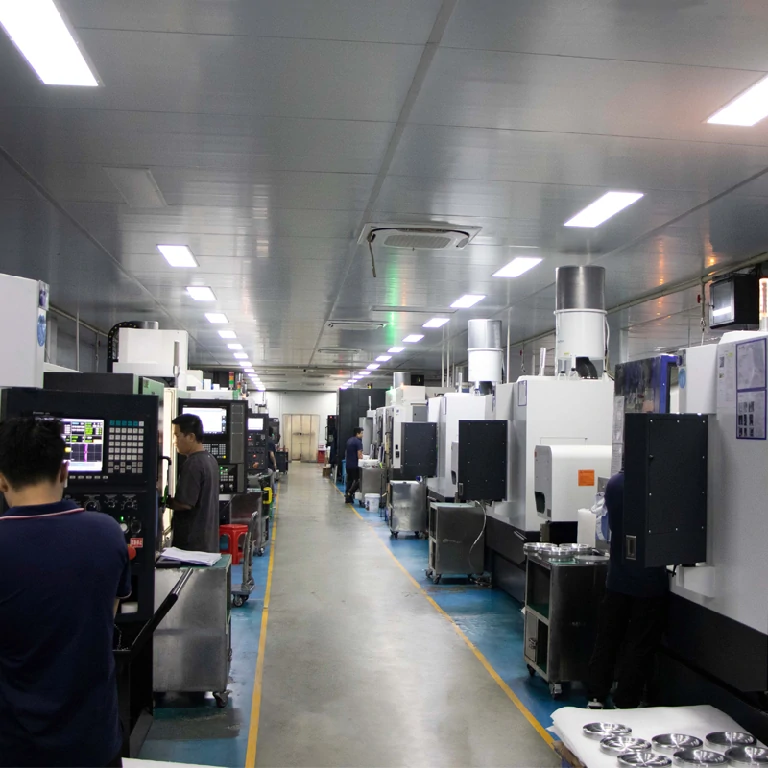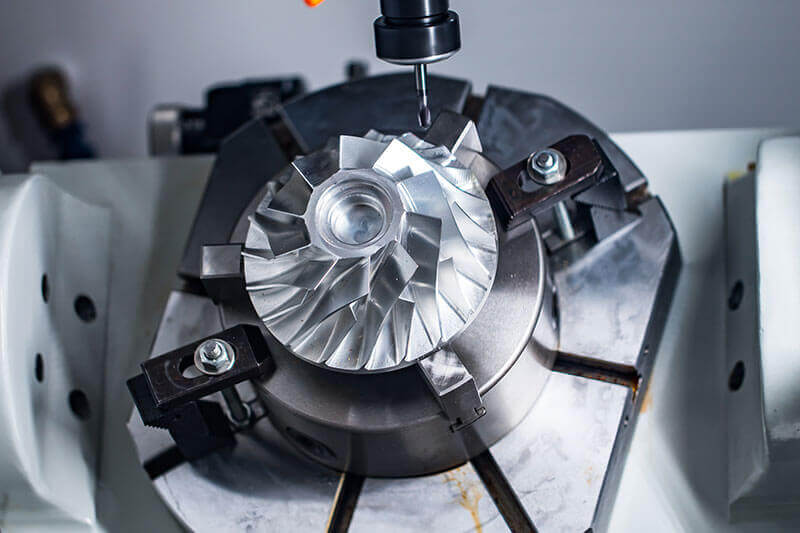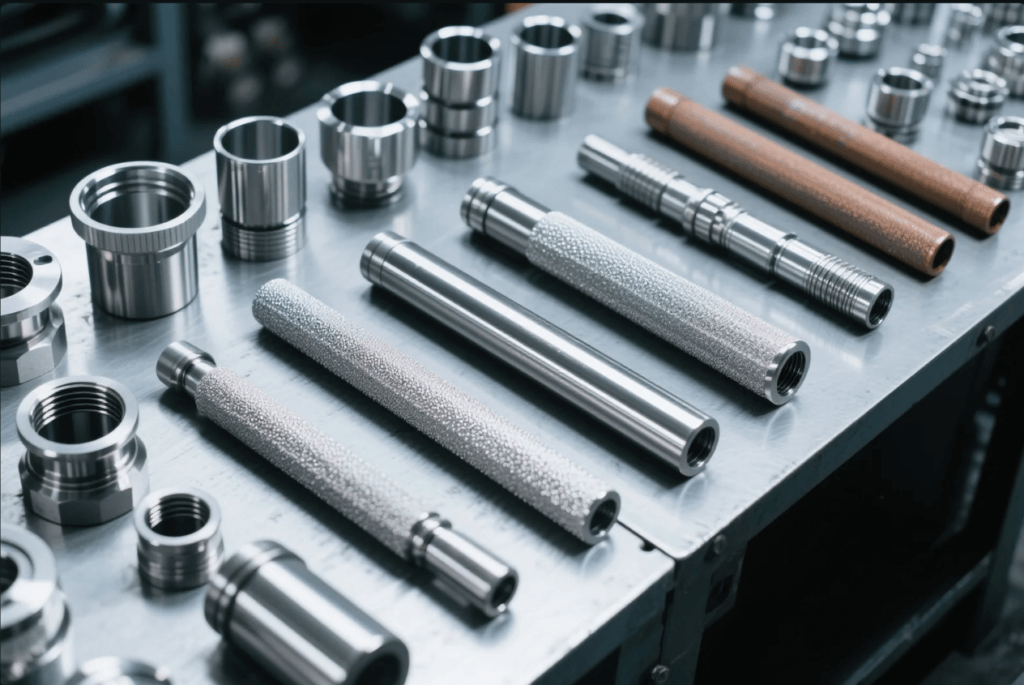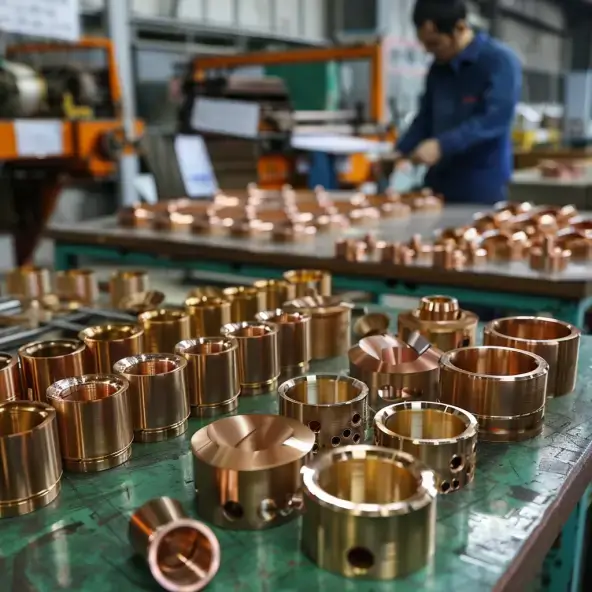CNC Mechanical Workshop: Complete Guide
Modern mechanical workshops form the backbone of manufacturing industries, especially those utilizing CNC technology. Whether you’re setting up a new facility or optimizing an existing mechanical workshop, understanding key components and best practices ensures maximum productivity and safety.
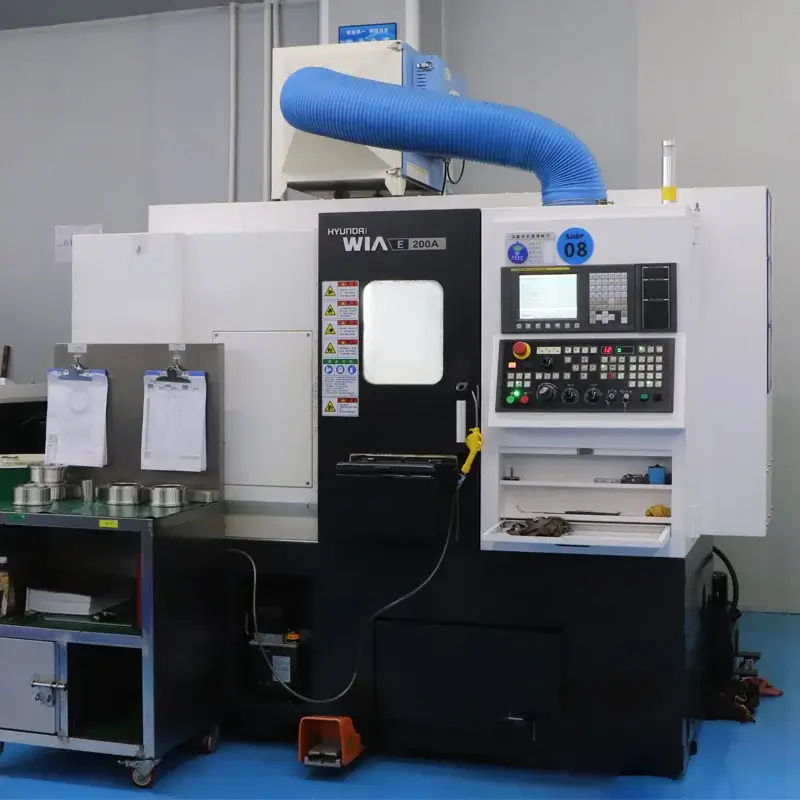
What Is a Mechanical Workshop?
A mechanical workshop serves as a specialized space where professionals fabricate, assemble, and repair mechanical components. These facilities typically contain various machines, tools, and equipment for metalworking, machining, and fabrication. Furthermore, modern workshops increasingly incorporate computer-controlled systems like CNC machines to achieve precision and repeatability in production processes.
What Equipment Is in the Mechanical Workshop?
Every high-quality mechanical workshop requires specific equipment to handle diverse manufacturing tasks efficiently. Here’s an overview of essential machines:
- 3-axis CNC machining center: Perfect for basic milling operations on three perpendicular axes
- 4-axis CNC machining center: Adds rotational movement for more complex geometries
- 5-axis CNC machine: Enables simultaneous cutting from nearly any direction
- CNC lathe: Specialized for precision turning operations
- Grinding machines: Provide fine surface finishes and tight tolerances
- Drilling machines: Essential for creating accurate holes in workpieces
- Surface treatment tools: Improve corrosion resistance and appearance
- Coordinate Measuring Machine (CMM): Verifies dimensional accuracy of finished parts
Do’s and Don’ts in Mechanical Workshop
Following proper workshop protocols significantly reduces accidents while improving work quality. Always wear appropriate PPE and keep your work area organized. Regularly maintain equipment and follow manufacturer guidelines for each machine. Conversely, never operate machinery without proper training or bypass safety features. Additionally, avoid wearing loose clothing or jewelry that could get caught in moving parts.

What Does a Mechanical Engineer Wear at the Workshop?
Workshop attire balances protection with functionality. Engineers typically wear flame-resistant coveralls or work shirts with long sleeves. Safety glasses with side shields protect eyes from flying debris, while steel-toe boots prevent foot injuries. Moreover, hearing protection becomes essential in noisy environments, and gloves should be worn when handling sharp materials. Always tie back long hair and remove any dangling accessories before operating machinery.
What Are the Types of Mechanical Hazards in Workshop?
Mechanical workshops present several potential hazards that require careful management. Moving machine parts pose entanglement and crushing risks, while flying chips and sparks can cause eye injuries. Electrical hazards exist near powered equipment, and heavy lifting may lead to musculoskeletal problems. Furthermore, excessive noise can damage hearing over time, and some processes generate harmful dust or fumes. Implementing proper safeguards and training minimizes these risks effectively.
Must Haves for a Mechanics Workshop
Beyond major equipment, successful workshops need several supporting items. Quality measuring tools like calipers and micrometers ensure precision work. A comprehensive first aid kit and fire extinguishers address emergencies, while proper lighting and ventilation maintain a comfortable environment. Additionally, organized tool storage saves time and reduces clutter, and ergonomic workstations prevent worker fatigue. Computer workstations for CAD/CAM programming have also become essential in modern workshops.
How to Choose the Right Mechanical Workshop for You?
Selecting an appropriate mechanical workshop depends on several key factors. First, consider the types of projects you’ll undertake and ensure the facility has suitable equipment. Evaluate the workshop’s cleanliness and organization, as these often reflect overall operational standards. Check technician qualifications and available support services, and compare pricing structures for different service packages. Lastly, visit potential workshops to assess their safety culture and workflow efficiency firsthand.
Conclusion
Establishing or selecting an effective mechanical workshop requires careful consideration of equipment, safety protocols, and operational practices. By understanding the essential components covered in this guide, you can create or choose a facility that meets your precision machining needs while maintaining high safety standards. Remember that ongoing training and equipment maintenance ultimately determine a workshop’s long-term success and productivity.


